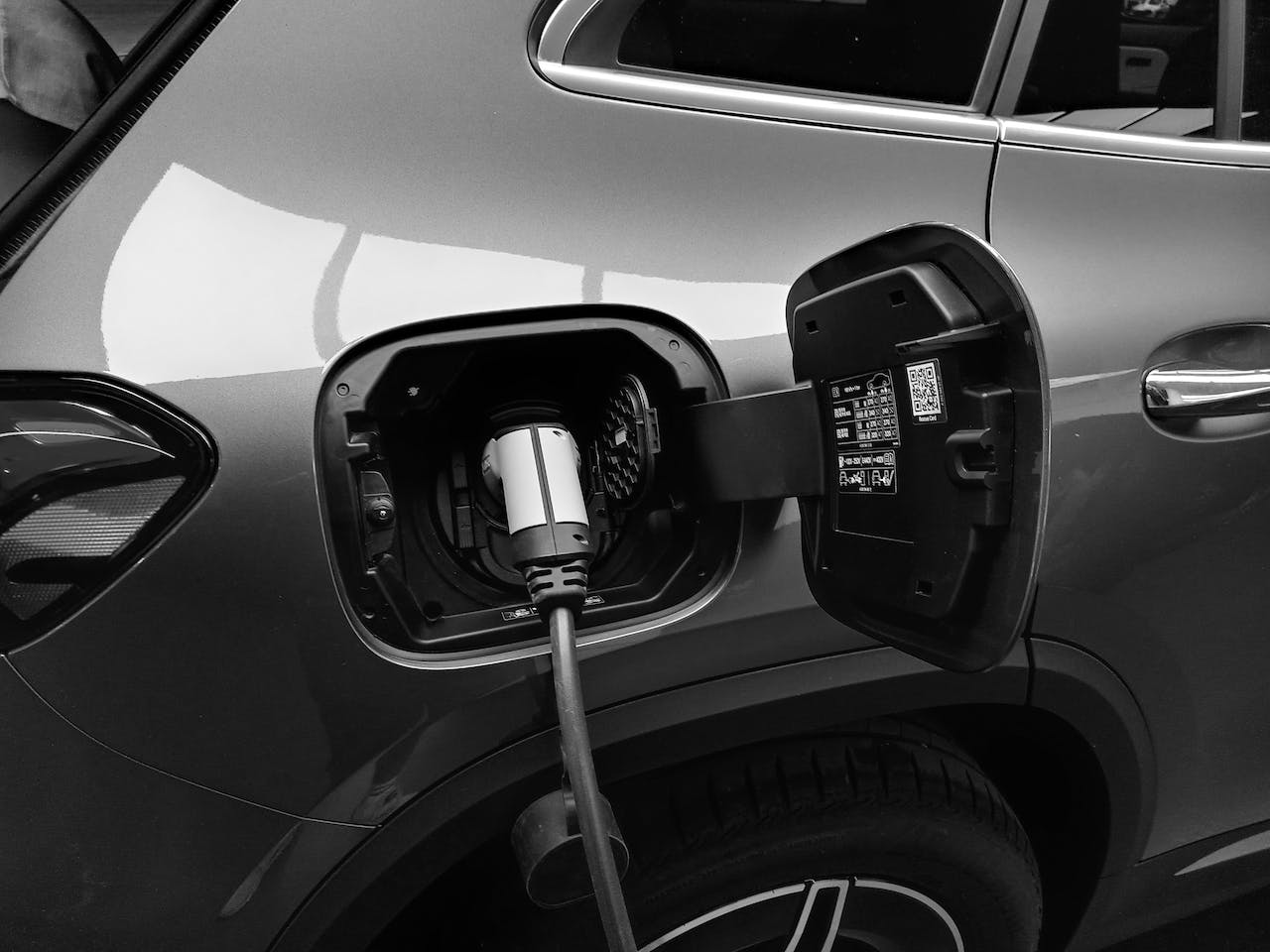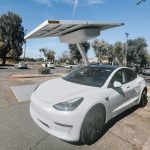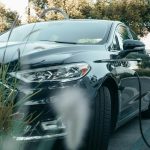The automotive landscape is witnessing a paradigm shift with the rising popularity of hybrid models. These vehicles, blending traditional internal combustion engines with electric propulsion, offer a compelling alternative for environmentally conscious consumers. In this article, we delve into the evolution of hybrid technology, explore the benefits of hybrid vehicles, highlight popular hybrid models, and address the crucial aspect of charging infrastructure for electric cars.
Evolution of Hybrid Technology
Early hybrid models and their limitations
Hybrid vehicles have come a long way since their inception. Early models faced challenges such as a limited electric-only range and hefty price tags. However, technological advancements have significantly improved these aspects.
Technological advancements leading to improved hybrid models
In recent years, advancements in battery technology and electric propulsion have transformed hybrid models. Enhanced battery efficiency and regenerative braking systems contribute to improved overall performance.
Benefits of Hybrid Vehicles
Comparison of hybrid and traditional fuel efficiency
One of the key advantages of hybrid vehicles is their superior fuel efficiency. By seamlessly switching between the internal combustion engine and electric power, hybrids achieve impressive mileage compared to their traditional counterparts.
Reduced emissions and carbon footprint
Hybrid vehicles contribute to environmental conservation by reducing emissions. The ability to operate on electric power alone in certain conditions significantly lowers the overall carbon footprint.
Popular Hybrid Models
Toyota Prius
The Toyota Prius remains a trailblazer in the hybrid market. Known for its fuel efficiency and reliability, the Prius has set the standard for hybrid vehicles. Key features include a spacious interior, advanced safety features, and a smooth driving experience.
Tesla Model 3
Tesla has redefined the automotive industry with its innovative approach to electric and hybrid technologies. The Model 3, a groundbreaking electric sedan, showcases Tesla’s commitment to blending performance and sustainability.
Challenges in Hybrid Adoption
Balancing upfront costs with long-term savings
While hybrid vehicles offer long-term savings in fuel costs, their initial purchase price can be higher than traditional vehicles. Understanding the balance between upfront costs and long-term savings is crucial for prospective buyers.
Importance of addressing charging concerns
One significant challenge in hybrid adoption is the limited availability of charging infrastructure for electric cars. This brings us to the crucial aspect of developing a robust charging network.
Charging Infrastructure for Electric Cars
Urban vs. rural infrastructure disparities
Charging infrastructure is more prevalent in urban areas, creating a disparity that needs attention. Addressing this gap is essential for ensuring the widespread adoption of electric vehicles, both hybrid and fully electric.
Fast-charging innovations and their impact
Advancements in charging technology, particularly fast-charging solutions, play a pivotal role in shaping the future of electric vehicles. Rapid charging stations reduce the time needed for recharging, making electric cars more practical for everyday use.
Government Initiatives
Tax credits and rebates
To incentivize the adoption of hybrid and electric vehicles, many governments offer tax credits and rebates. Understanding these incentives can significantly reduce the overall cost of owning a hybrid vehicle.
Government support for charging station development
Governments worldwide are recognizing the need for a comprehensive charging infrastructure. Policies and funding to support the development of charging stations are crucial for encouraging the widespread adoption of electric vehicles.
Future Trends
Sustainable charging solutions
The integration of renewable energy sources into charging infrastructure is a promising trend. Sustainable charging solutions aim to minimize the environmental impact of electric vehicles.
What to expect in future hybrid and electric models
As technology continues to evolve, future hybrid and electric models are likely to feature enhanced range, faster charging times, and innovative features. Staying informed about these developments is key for prospective buyers.
Consumer Education
Educating consumers on the benefits and challenges
Raising awareness about the benefits of hybrid vehicles and addressing common misconceptions is crucial. Consumer education plays a vital role in promoting the adoption of environmentally friendly transportation solutions.
Overcoming myths and misconceptions
Dispelling myths surrounding hybrid vehicles, such as concerns about battery life and maintenance costs, is essential for changing consumer perceptions. Accurate information can help consumers make informed decisions.
Conclusion
In conclusion, the popularity of hybrid models in the automotive market is undeniable. As consumers increasingly prioritize environmental sustainability, the automotive industry must continue to innovate. Addressing challenges, especially the development of a robust charging infrastructure, is essential for the widespread adoption of hybrid and electric vehicles.
FAQs:
How do hybrid cars work?
Hybrid cars operate by seamlessly switching between an internal combustion engine and an electric motor, optimizing fuel efficiency.
Are hybrid vehicles more expensive to maintain?
While hybrid vehicles may have higher upfront costs, their maintenance costs are often comparable to traditional vehicles, and fuel savings can offset this difference.
What government incentives are available for hybrid car buyers?
Governments offer incentives such as tax credits and rebates to encourage the adoption of hybrid and electric vehicles, making them more affordable.
How quickly can electric cars charge?
Charging times for electric cars vary, but advancements in fast-charging technology enable rapid recharging, typically within an hour for a significant charge.
Are there plans to expand charging infrastructure in rural areas?
Governments and private initiatives are working to expand charging infrastructure into rural areas, recognizing the importance of accessibility for widespread electric vehicle adoption.
Last Updated on November 23, 2023 by admin

Mac is an Automotive enthusiast. He owns up to 15 vehicles. He deals with Auto problems and shows his skill to Car owners who are seeking any type of Car help.





